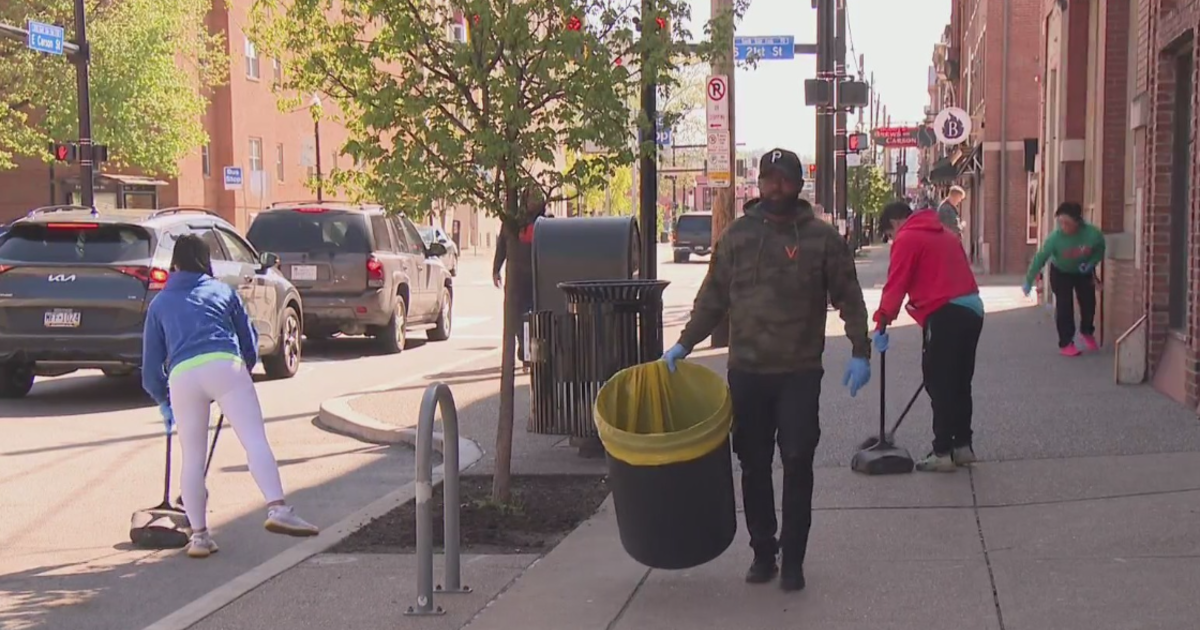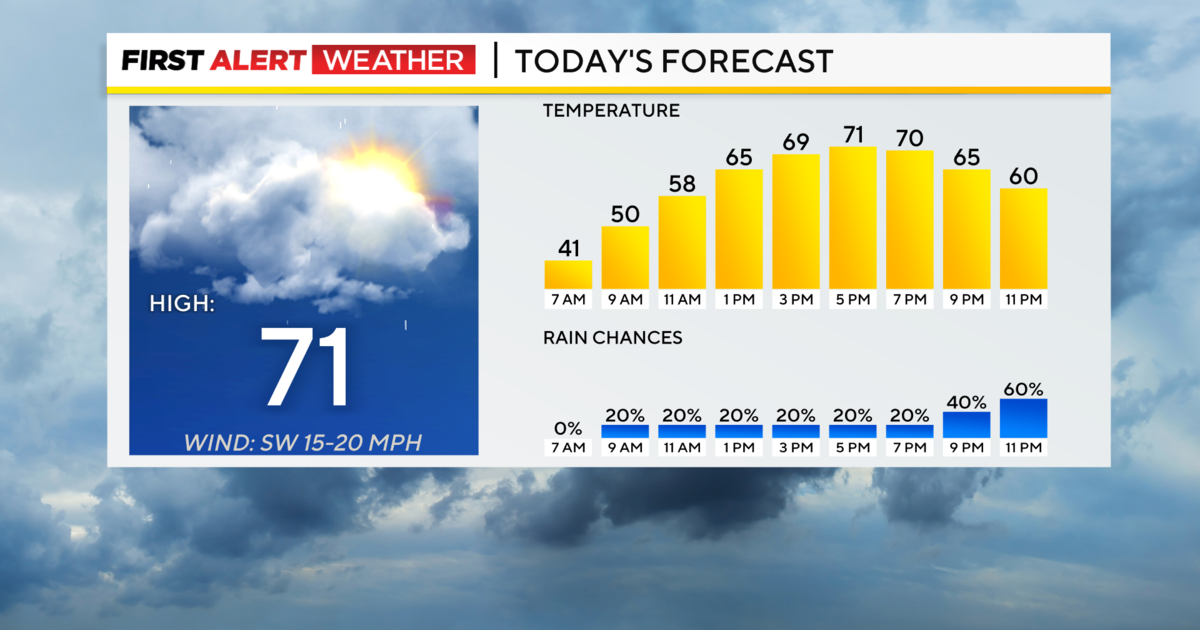Minimizing Risks And Staying Safe When Driving In Icy Conditions
PITTSBURGH (KDKA) -- When winter weather arrives, it can pose problems even for the most experienced and cautious drivers -- so how can you minimize the risk?
Rain is dangerous because most drivers treat it like a dry road, and snow is tricky because it robs you of control, but ice can render you powerless behind the wheel.
The pictures and videos of spinning tires are almost a winter cliche, but not all spinning is the same.
"Snow and ice are two different ballgames," said Jim Clair, the owner of Ultimate Defensive Driving.
"Snow, we can pretty much get around and take out time, but when you're on ice, there's no friction between the tires and the street service," Clair added.
Clair also says overconfidence is a major issue.
"They think they can handle it for a drive," Clair said of people who have a new car with traction control systems.
"Well, it doesn't do a lot for you when you're on ice," Clair said.
WATCH: KDKA's John Shumway reports:
Clair also says that 4-wheel drive might make people feel more confident, but vehicles will will have problems stopping when ice is involved.
The best defense, according to Clair, aside from not driving at all, is to slow down and leave a lot of room around you.
When involved in a slide, the main ingredient behind the slide is too much speed. Clair says the best defense for a slide is to slow down, anticipate, and avoid sudden moves.
Clair says it's good to get a feel for the roads when leaving home, and that can be done by giving yourself a little test stop once getting in your vehicle.
If you aren't sure if you're on ice or water, watching the rear tires of the car in front of you can be helpful.
If there's no spray coming from the tires, then it's likely you're dealing with an icy situation.
Slowing down far ahead of where you want to stop of turn can help avoid problems. Also, allowing additional space in front of the vehicles ahead of you is key.
If you do slam on your brakes, vehicles have anti-lock brakes, so don't pump them. Clair says to use the 'mash and steer' method, meaning hitting the brakes and letting them pulsate to slow you down as you continue to steer.
It's also important to remember that the larger the vehicle, the more weight is involved, so the longer it will take to stop.
Make sure your tires are properly inflated, as too much air or too little can increase your stopping distance and decrease your control.



